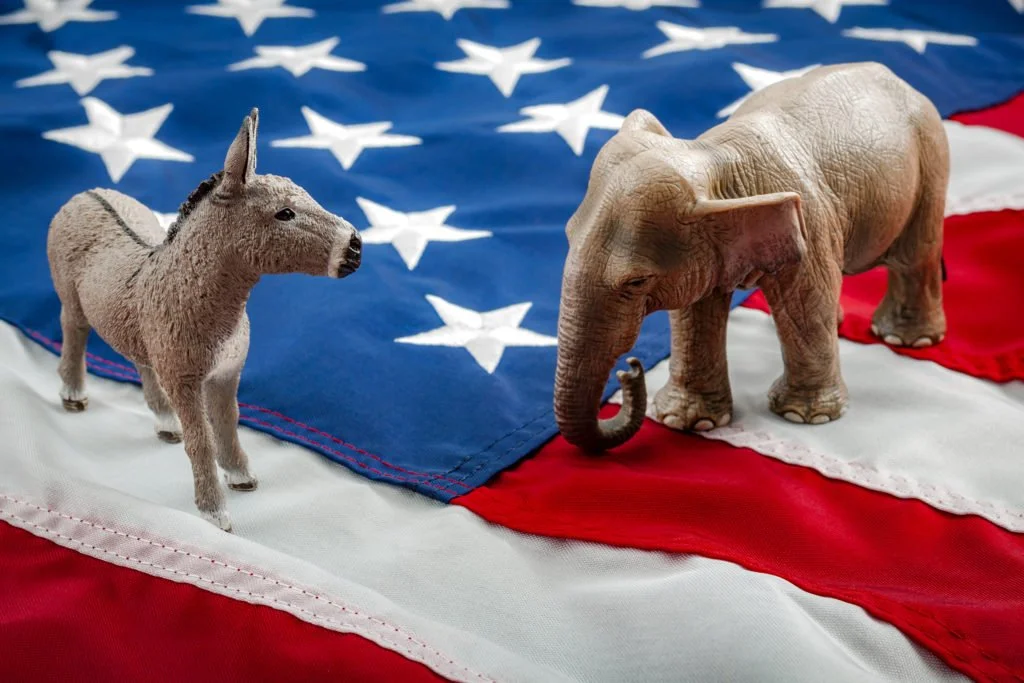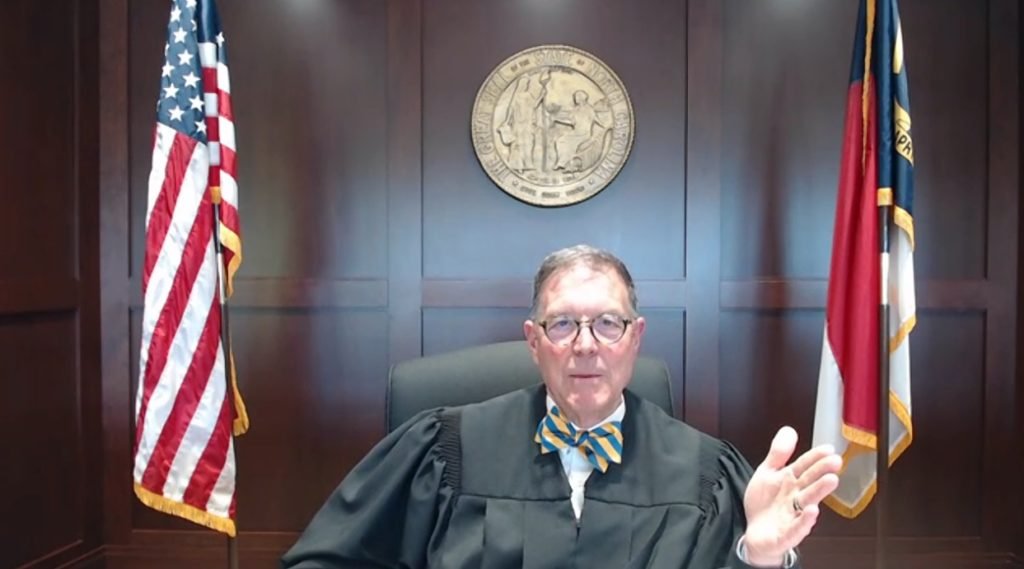Poll: GOP candidates favored heading into NC's midterms
By David Bass, Carolina Journal
A new Civitas poll shows that Republican candidates running for U.S. Congress and the state legislature in North Carolina are in good shape heading into the 2022 midterm election.
The poll — an April 14–18 survey of 600 likely general election voters — put support for the GOP at 52% on a generic congressional and 51% for a generic legislative ballot. That compares to 40% and 41% support, respectively, for Democrats. Support for Republican legislative and congressional candidates has ticked up 5 percentage points since March 2021.
This is positive news for GOP candidates, suggesting they are marching toward a red-wave election this November, as voters revolt against national economic turmoil.
“With inflationary concerns continuing to dominate since the beginning of the year, Republicans should feel good about being in the driver’s seat when it comes to generic ballot competition at this point in time,” said Dr. Michael Bitzer, professor of politics and history at Catawba College in Salisbury. “It also fits into the narrative that the president’s party will face head-on winds going into the general election, again making it a GOP advantage in this snapshot in time.”
Republicans hold a 28-22 majority in the state Senate and 69-51 in the state House. The GOP would need a net gain of two seats in the Senate and three in the House to capture a supermajority and be able to overturn vetoes from Democratic Gov. Roy Cooper.
Despite trending support for Republicans, the path to supermajorities in both chambers was made more challenging by redrawn district maps imposed by the N.C. Supreme Court. Even so, Locke election expert Jim Stirling sees a possible pathway to get there, based on the Civitas Partisan Index.
“Even with several Republican incumbents having been double bunked, Republicans have a good opportunity to take a supermajority in both chambers of the General Assembly,” Stirling said. “Republicans have secured 28 House and 13 Senate seats simply based on Democrats failing to recruit candidates for these elections. If we assume that Republicans secure all Republican leaning districts this year, they only need to pick up six Democratic favored or toss-up districts in the Senate and 14 in the state House.”
Meanwhile, national Democrats are holding onto razor-thin majorities in Congress. The GOP would need a net pickup of six seats in the U.S. House and one seat in the U.S. Senate to regain the majority in both chambers, a step that would effectively deep-six President Biden’s agenda during the second half of his term in the Oval Office. North Carolina’s U.S. Senate race this year is one of a handful nationally that could tip the balance of power in that chamber.
Biden’s approval could have a big impact on many of these races, with the Civitas poll showing a steadily declining approval rating of 36% for the president, with 56% disapproving of his performance. In March 2021, Biden’s approval rating stood roughly even, with 48% approving compared to 49% disapproving.
Fifty-four percent believe the Biden administration has worsened the economy, while 31% credit the president with improving the economy. Nationally, 65% of respondents believe the U.S. is on the wrong track, compared to 27% who believe the country is moving in the right direction.
Back at the state level, Cooper registered 46% job approval compared to 42% disapproval. That has improved from a 44% approval to 47% disapproval rating in January. This month marked the first time since June 2021 that Cooper has registered higher approval than disapproval.
Inflation topped the list of most important public policy issues for likely voters. From a list of 10 choices, 18% named inflation. Election integrity (14%), jobs and the economy (13%), taxes and government spending (10%), and health care (10%) rounded out the top five issues.
Bitzer cautioned that prognosticators should keep an eye on the national mood in order to accurately assess local races.
“The nationalization effect will be something to watch, as both parties will likely try to drive the campaign narrative to their favor and the intensity of party loyalty, and more critically negative partnership, will once again play a key role in voter choices,” Bitzer said.



